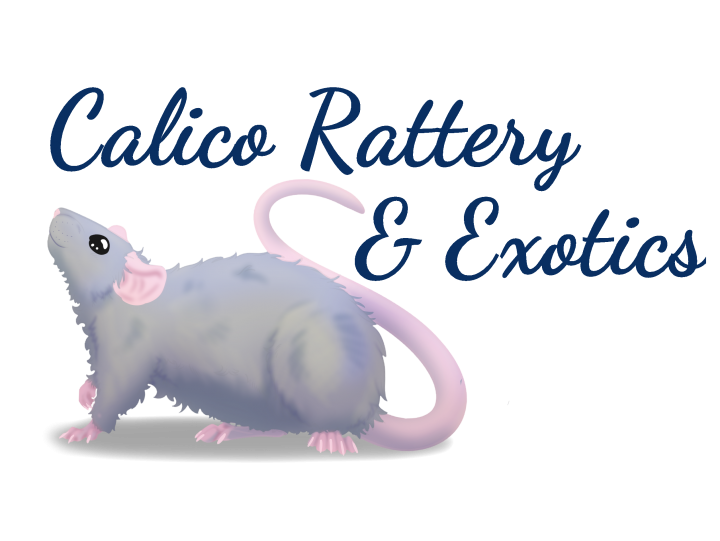First and foremost, please read our Adoption Information page and ALL documents therein. Then, follow the link to the adoption application here. If these are your first rats, fill in the application with what you will be using (in terms of food etc), if these are add-ons to your current mischief, answer with what you currently use. Have a look at our “Available” page, and should you be interested in specific rats, please indicate so on the form. Once filled in, please submit the application. Should anything be unclear, or you would like advice on a specific topic, please feel free to e-mail me at info@calicoexotics.com or whatsapp me on 0824630551.
I will contact you within 24-48 hours and inform you if your application was successful or not. If you do not receive any communication within 48 hours, please send me a whatsapp or email. Should it be successful and you have your babies picked out, I will send you the banking details to make the deposit. Should you not have babies picked out, or you would like to adopt in the future, we will discuss privately to see what best suits your needs. Should your application be denied, please note that you will be informed of the reason and given a chance to rectify the error(s).
Please read through our sales terms to ensure you understand everything laid out within. Please understand that if you would like breeding rats, this must be indicated. Breeders are given alternative information regarding genetics, pairings, etc. Should you wish to enquire about breeding, please indicate so on your application, or alternatively, contact me directly.
All rats are adopted out no earlier than 8 weeks of age, no exceptions. A mutually convenient date and time will be set for collection. Collection point will be a pre-agreed-upon public location. This is for your safety, my safety, and the safety of the Rattery. Should you require your rat flown, this will be booked in advance and you will be given a waybill number to collect your rats on the specified day from the airport. The cost of the flight is for the adopters account.
1) We will ALWAYS take any rat back, no matter what, no questions asked.
2) Whilst we do our best to breed only the best, things do happen. We will replace any rat who has temperament faults free of charge, assuming the issues have not been caused by environmental fault.
3) We will always be available for any questions and advice.
4) We will inform all adopters of anything we believe may affect them in a line from which they have rats.
1) Should you wish to breed. inform us so that we can provide you with the relevant pedigrees
2) The rats must be housed indoors in an appropriate cage
3) The rats must receive care or euthanasia when ill. They will not be allowed to suffer
4) The rats must live in accordance with the 5 freedoms
5) The rats MUST be returned to the breeder should the owner no longer be able to care for them/no longer want them. They MAY NOT be given to another individual or organisation without the express, written permission of myself.
We value each and every rat that we breed and own. Regardless of where they come from and what they are used for, we love all our rats equally and our rats are all upheld to a certain standard.
A healthy and happy rat should be comfortable, happy with handling and at ease amongst other rats.
We keep majority of our adult rats after breeding if they are well tempered.
Those that we do not keep are either humanely euthanised for a valid reason (see below) or are pet homed to trusted friends.
What do we consider a “valid reason” to euthanise a rat?
The rat is ill and not easily treated. We do not believe in major surgery for our rats. This is because surgery is extremely risky for such small animals, and the potential for something to go wrong is far higher than with cats and dogs. Rats also live a very short amount of time, and expecting them to spend even a few months recovering from something that may not be permanently solved (such as recurring tumours) is unfair in our opinion.
The rat is unable to be happily integrated with a colony. This means the rat is either scared or aggressive with other rats. This is non negotiable as this affects the health, safety and happiness of other rats.
The rat is aggressive or skittish with humans. We breed rats as pets. This means they should see us as family and not a threat. Rats who are not friendly and loving towards humans are not appropriate for any home.
If the rat is from a line not ready to be released to the public yet, and it is unable to be utilised in our breeding program.
